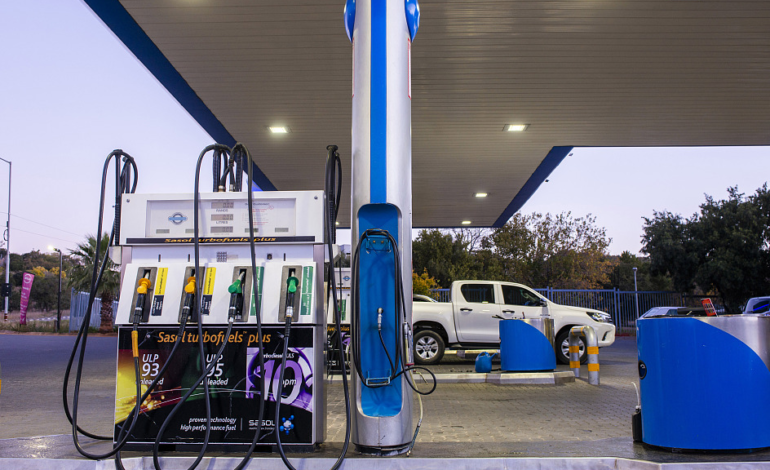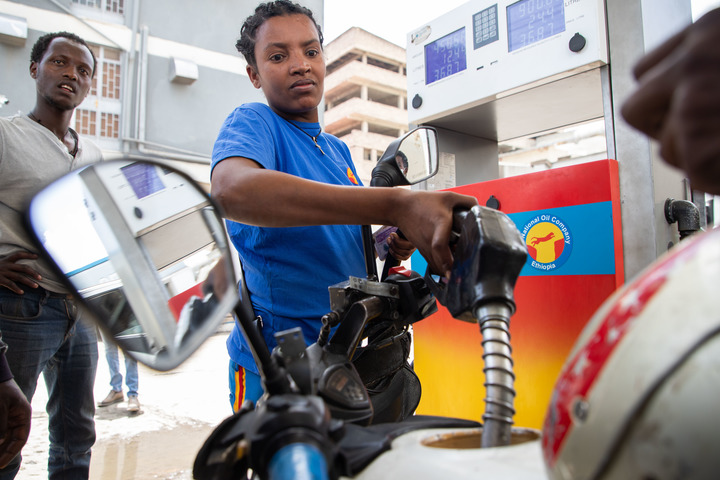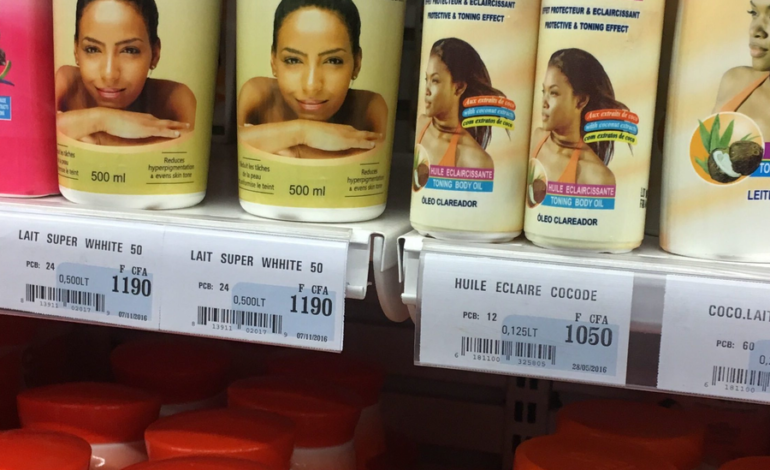
Renson Mwakandana
Less than three months after an initial increase of 30–40%, fuel prices in Ethiopia increased by roughly 20% on Thursday (September 29), as part of the phase-out of government subsidies for petroleum goods.
The Ethiopian government made the decision to phase out all gasoline subsidies in July in response to this year’s sharply rising crude oil prices, which are expanding the state’s deficit.
Although international oil prices stabilized somewhat in September, they are still much higher than those in Ethiopia, according to a statement from the commerce ministry issued Wednesday night.
According to the ministry, to “reflect the international market, new prices were set” on Thursday. At the pump, the results were felt right away. Petrol prices increased by 19.83% to 57.05 birr (1.12 euros), while diesel and paraffin prices increased by 22.19% to 49.02 birr (59.90 euros) (1.18 euro).

Ethiopian gasoline and diesel prices have risen by a combined 120% and 157% since December, more than doubling both.
The evaluation of fuel subsidies occurs every three months. The price of gasoline increased by about 30% and that of diesel by almost 40% after the first round of subsidy elimination in July.
Retail prices were already increased by the government, which has a monopoly on the import of petroleum, which is shipped by road from Djibouti to landlocked Ethiopia, in December 2021 and again in May 2022.
According to analysts, the two-year-old conflict in Tigray’s breakaway area is having a negative impact on Ethiopia’s economy due to the strain it is placing on the country’s public finances and the unwillingness of foreign donors and investors to contribute.
The World Bank claims that the nation, which has 115 million people and is the second most populated in Africa, is also one of the poorest in the area.




